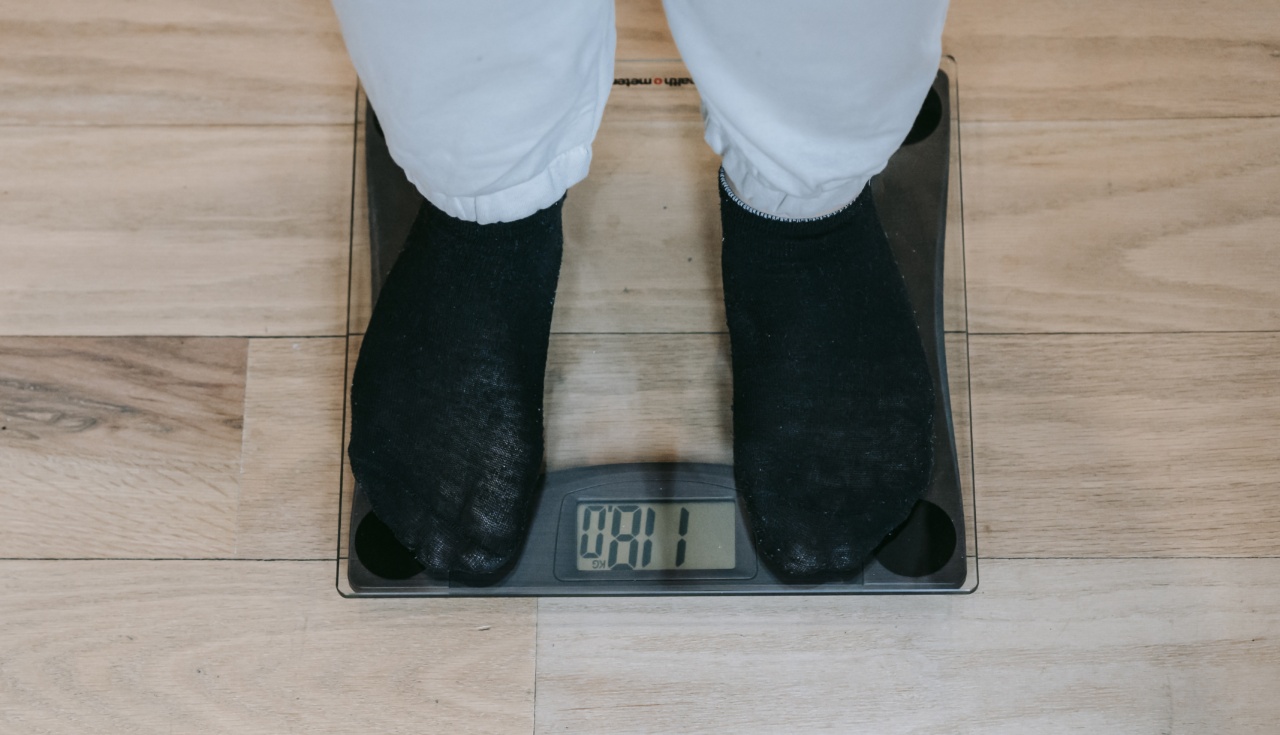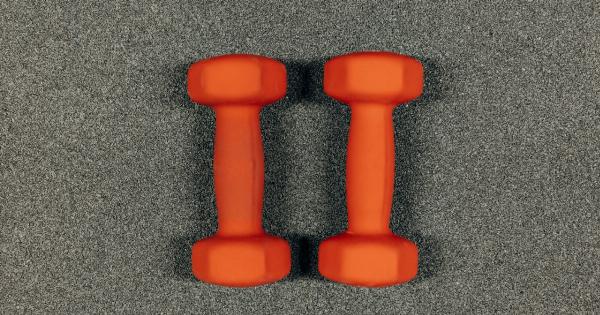Losing weight can be a daunting task, especially if you lead a busy lifestyle. Counting calories and monitoring every bite you take can be time-consuming and stressful. However, losing weight doesn’t have to be complicated.
By making small changes to your diet and lifestyle, you can effortlessly shed those extra pounds without the hassle of calorie tracking.
1. Eat More Protein
Protein is an essential nutrient that can help you lose weight without feeling hungry. Protein-rich foods can help you feel fuller for longer, which can lead to a reduction in overall calorie intake.
Include foods like eggs, lean meat, fish, beans, and legumes in your diet to increase your protein intake.
2. Avoid Processed Foods
Processed foods are often high in calories, unhealthy fats, and added sugars. These foods lack essential nutrients and fiber, which can lead to overeating and weight gain.
Try opting for whole foods like fruits, vegetables, whole grains, and lean proteins to fill up on nutrient-dense foods that provide long-lasting energy.
3. Increase Your Water Intake
Drinking water is essential for good health and can also aid in weight loss. Drinking water before meals can help you feel full, reducing your overall calorie intake.
Additionally, water can boost your metabolism and help you burn more calories throughout the day. Aim for at least 8-10 glasses of water per day.
4. Practice Mindful Eating
Mindful eating is a practice that involves paying attention to your food and eating with intention. By being mindful of what you eat, you can reduce overeating and make healthier food choices.
Try eating in a calm environment, slowly chewing your food, and savoring every bite. This can help you enjoy your food more and reduce your calorie intake.
5. Eat More Fiber
Fiber is a nutrient that can help you feel fuller for longer and aid in weight loss. It can also help regulate blood sugar levels, reduce cholesterol levels, and promote digestive health.
Foods high in fiber include fruits, vegetables, whole grains, nuts, and seeds.
6. Get Enough Sleep
Getting enough sleep is essential for good health and can also help you in your weight loss journey. Lack of sleep can disrupt hormones that control hunger and appetite, leading to overeating and weight gain.
Aim for at least 7-8 hours of quality sleep per night to improve your overall health and well-being.
7. Incorporate More Vegetables
Vegetables are low in calories and high in nutrients, making them an excellent addition to your diet. Vegetables can help you feel fuller for longer, reducing your overall calorie intake.
Try incorporating different vegetables into your meals such as leafy greens, broccoli, cauliflower, and sweet potatoes.
8. Make Healthy Swaps
Swapping unhealthy foods for healthier options can help reduce your calorie intake and aid in weight loss. For example, swap white bread for whole grain bread, soda for water, and chips for veggie sticks.
These small changes can add up and make a big difference in your overall health and well-being.
9. Reduce Your Alcohol Intake
Alcohol is high in calories and can lead to overeating and weight gain. Additionally, alcohol can impair judgment and lead to unhealthy food choices. Try limiting your alcohol intake or opting for healthier drinks like water, tea, or sparkling water.
10. Stay Active
Staying active is an essential component of weight loss and overall health. Exercise can help you burn calories, improve muscle tone, and boost your metabolism.
Finding an activity that you enjoy, like walking, yoga, or swimming, can help you stay motivated and on track with your weight loss goals.


























